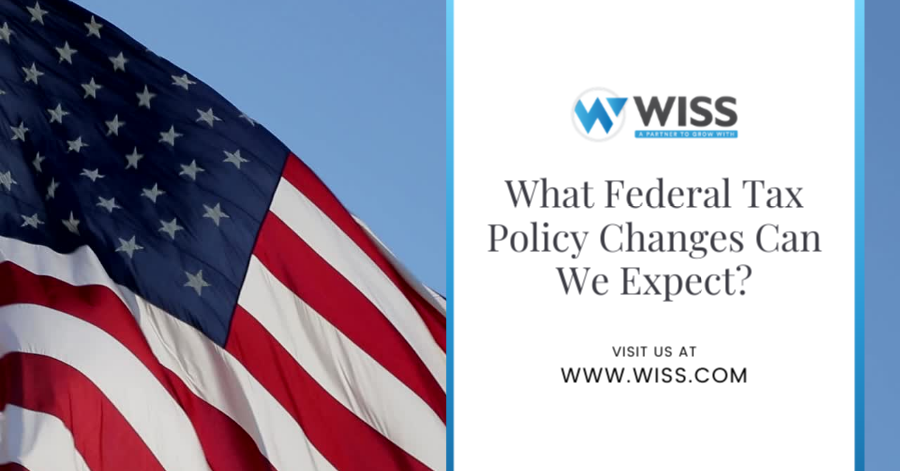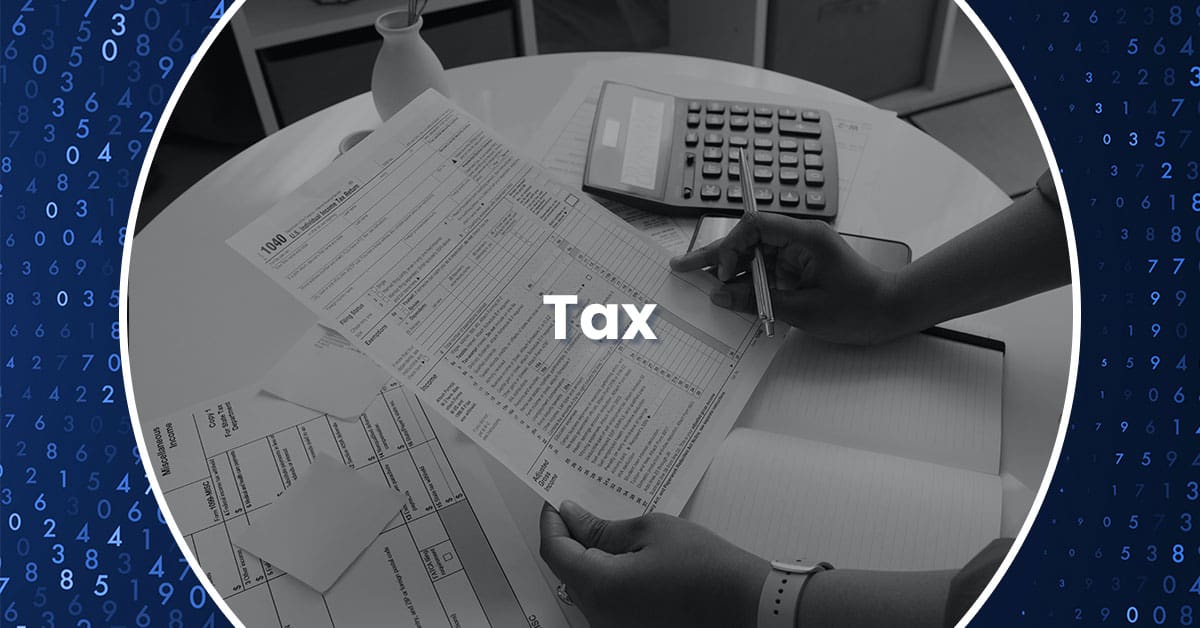By this time next week, the U.S. presidential election will be in the rearview mirror, and we’ll all have more questions than we have answers. One of those big questions will be: What is the new president-elect’s vision for the tax code? Neither of the candidates has laid out a formal, detailed plan for this, although they have left clues about some aspects of tax policy along the campaign trail.
Tax policy is an underappreciated element of federal policy; considering how strongly it influences business decisions and consumer behavior, it’s an essential piece of governance, especially the governance needed to navigate the economic downturn brought on by the pandemic. Businesses and individuals alike should be alert to how proposed policies might change their total tax liability.
It’s also worth considering whether changes to tax policy are likely to occur at all. Congress plays a key role in passing tax legislation, so the prospect of a new tax policy successfully being enacted is likely to depend on the makeup of the White House, Senate, and House of Representatives.
Even if there ends up being a unitary government, tax law changes would probably still need to go through the budget reconciliation process, since 60 votes in the Senate are generally needed to avoid it. In both 2001 and 2017, using the reconciliation process for tax policy changes resulted in most of the changes being set to expire within the 10-year budget window.
If the government is not unitary, the chances of making new tax laws come to pass are even more doubtful.
While they haven’t laid out formal tax plans, the candidates have left clues about their ideas on tax as they’ve campaigned. Here’s a table of these informal mentions as of Oct. 23, 2020, contrasting current and potential future tax policies side by side.
[table id=19 /]With election day so close, it’s doubtful we’ll get much more insight into the candidates’ tax policy before we all have gone to the polls (or the mailbox). But keeping your ears peeled for any useful insights is a smart thing to do, up until November 3rd and after.

 Previous
Previous






